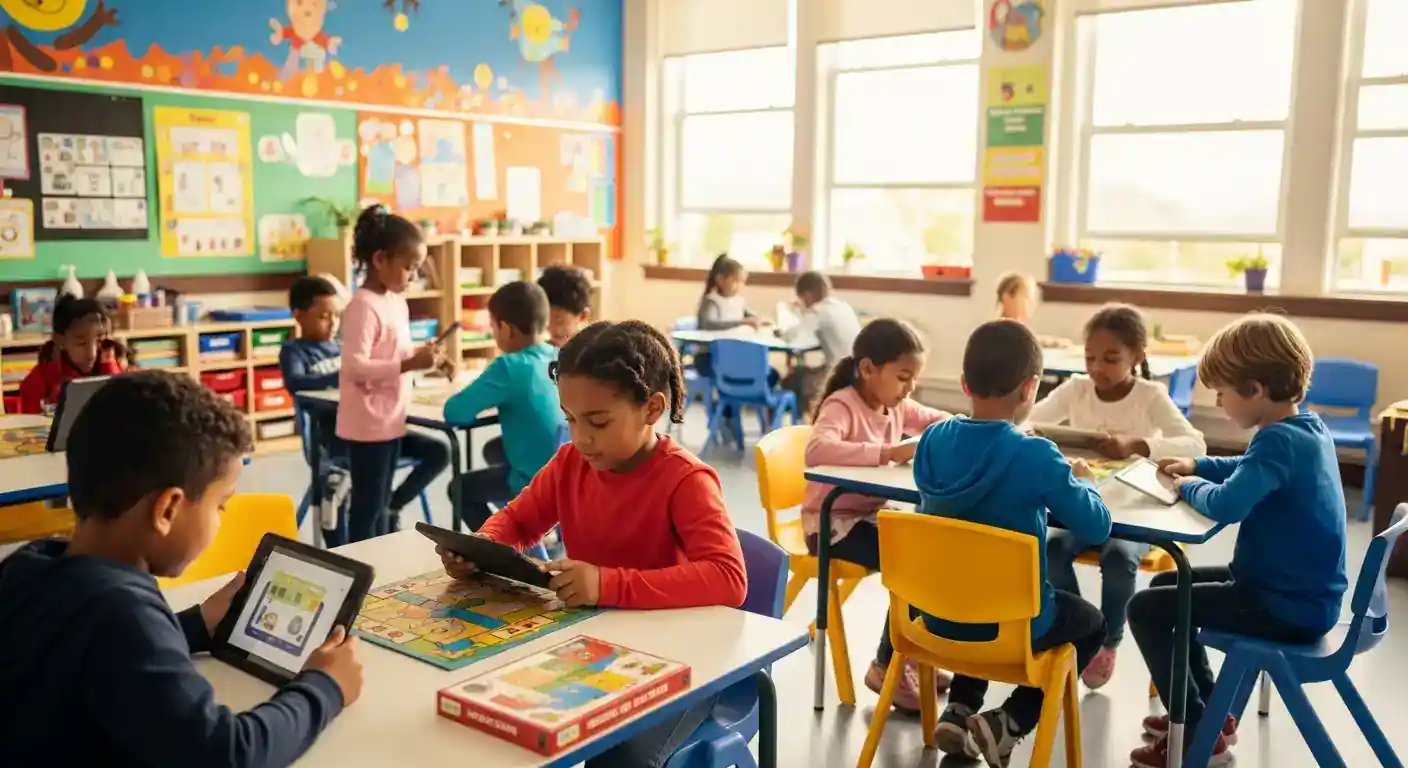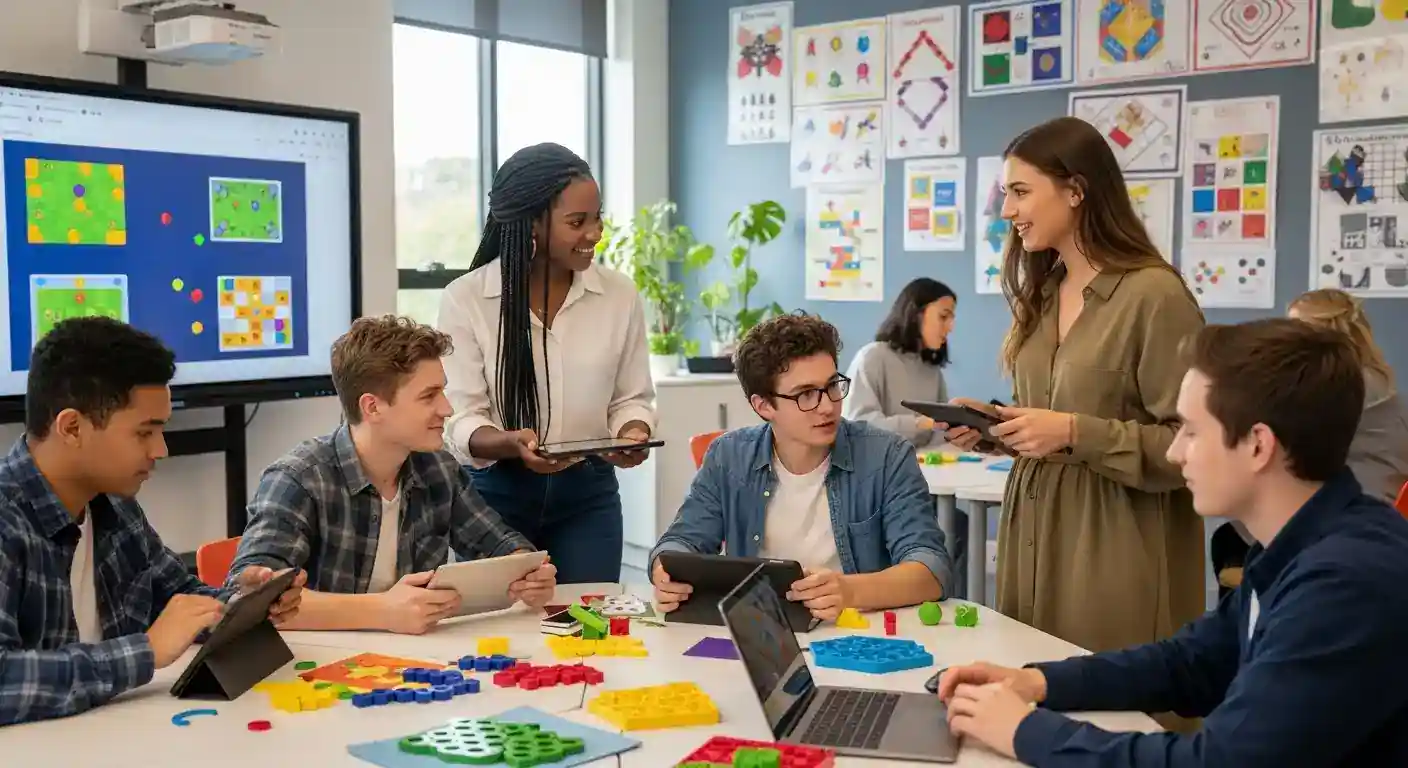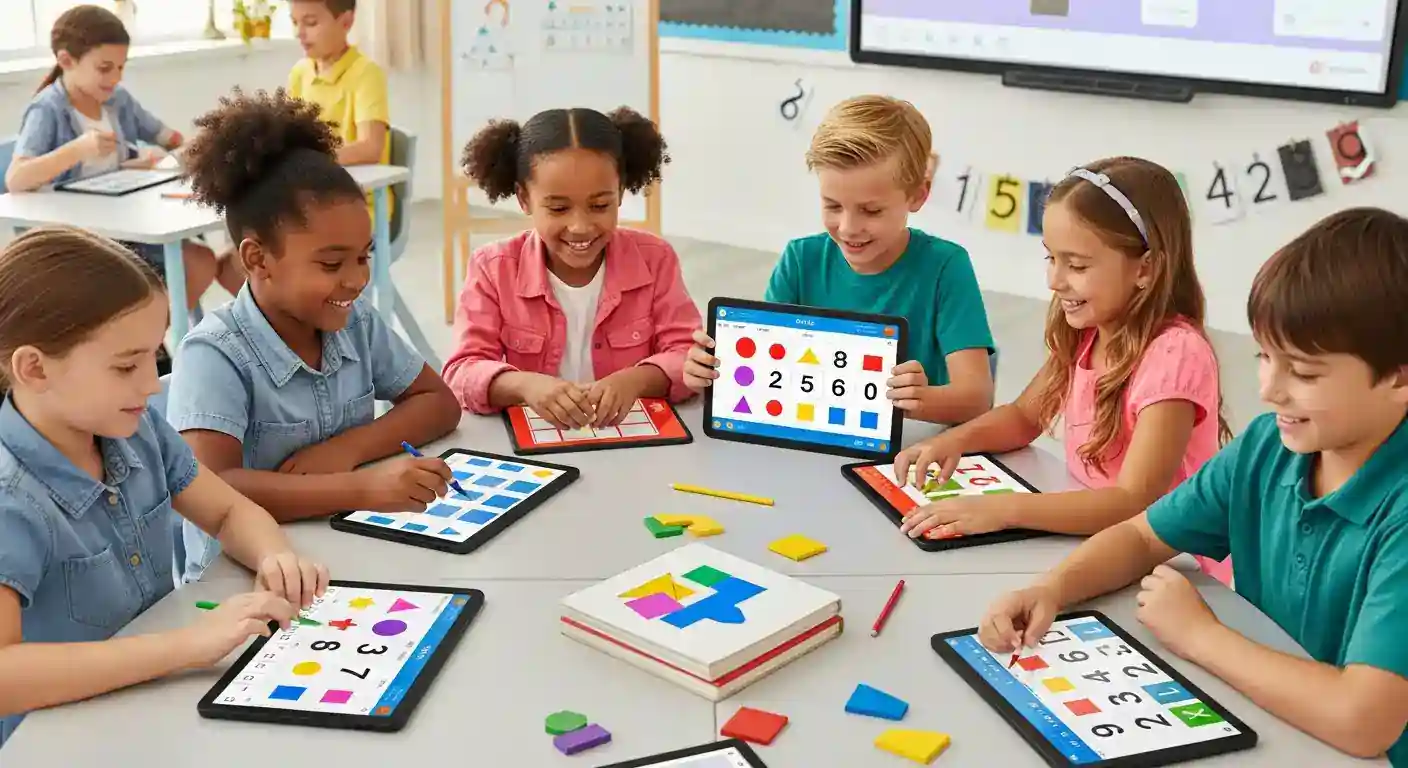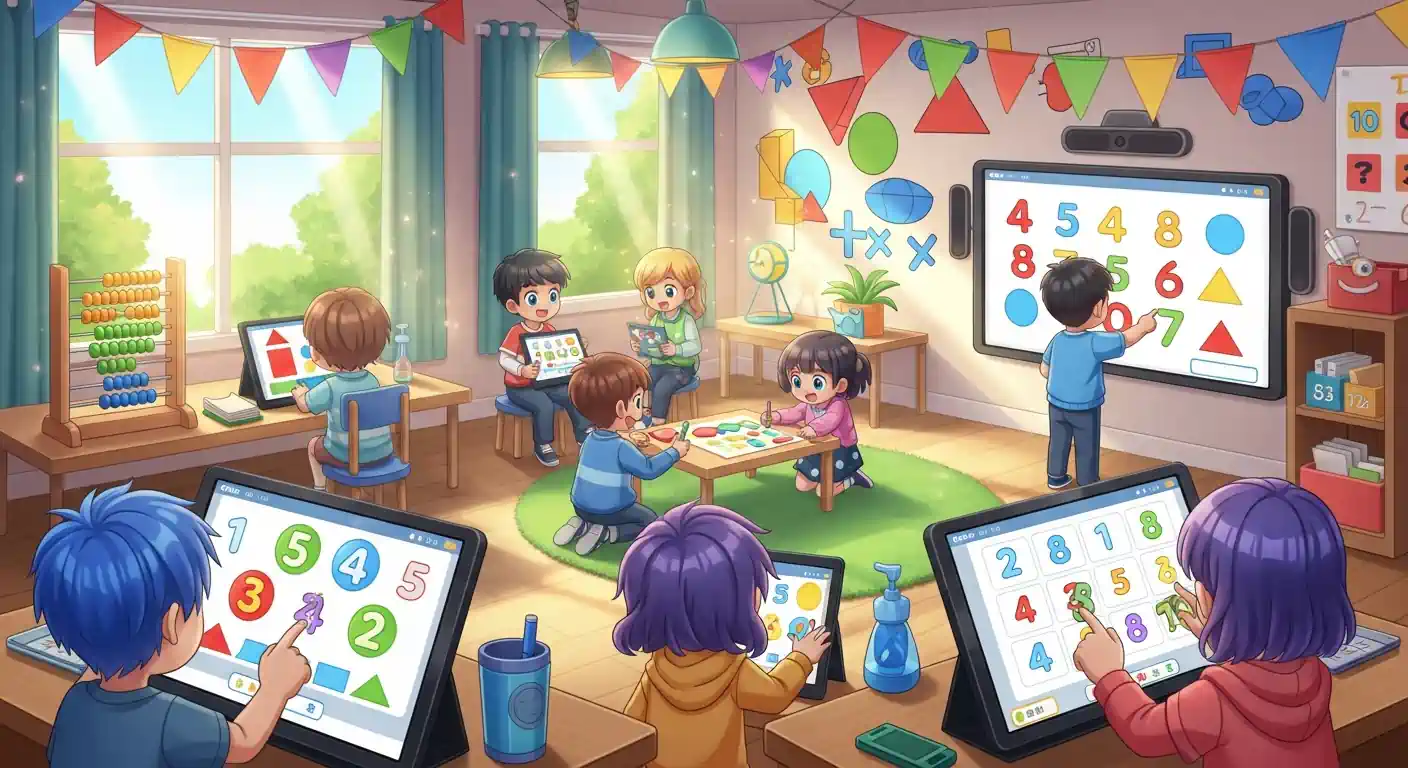
Professional Educational Games for Children Resource Hub
Categories
Latest Articles
Best Educational Games for Preschoolers: Fun Learning Adventures
Read expert tips about Best Educational Games for Preschoolers: Fun Learning Adventures in the undefined category.
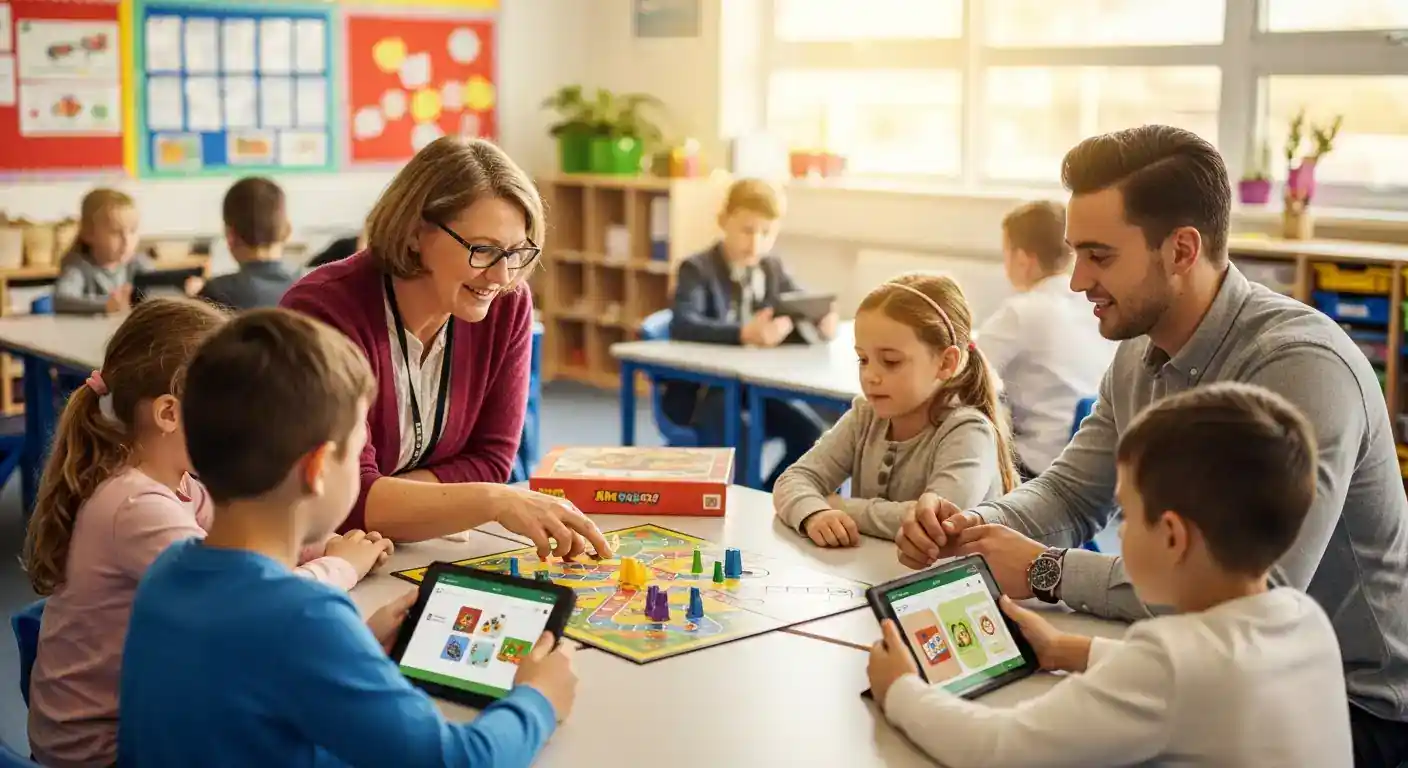
Choosing the Right Educational Games for Early Childhood Development
Read expert tips about Choosing the Right Educational Games for Early Childhood Development in the undefined category.

Engaging Brain Training Activities for Kids: Improve Focus
Read expert tips about Engaging Brain Training Activities for Kids: Improve Focus in the undefined category.

Fun and Effective Learning Games for Toddlers: Start Early
Read expert tips about Fun and Effective Learning Games for Toddlers: Start Early in the undefined category.

Interactive Educational Games for Kids: Making Learning Exciting
Read expert tips about Interactive Educational Games for Kids: Making Learning Exciting in the undefined category.

